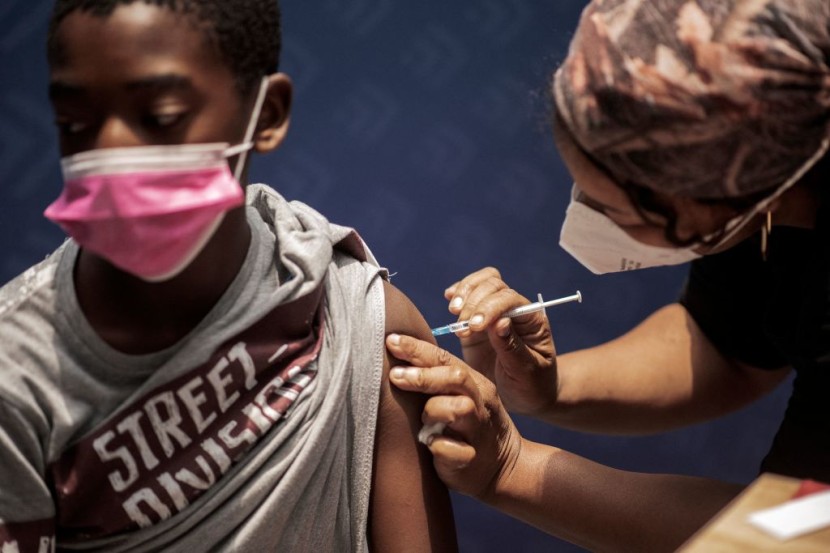
South African residents are more at ease when it comes to dealing with COVID-19 now that they are already in their fourth wave.
The first case of Omicron was detected in South Africa eight weeks ago. At the time, there was a growing concern regarding the seriousness of the variant, especially since Delta saw the death of thousands of individuals in the country.
But just weeks later, the number of Omicron cases in the country can be estimated at around 5 percent. And hospitalization rates have also gone down considerably.
Since thousands of locals became infected with COVID-19 during the first three waves, more people have become more immune to the virus. As such, South Africans are no longer as concerned as they once were.
South Africans are more at ease with Omicron
CBS News foreign correspondent Debora Patta confirmed that hospitals during Omicron looked very different during the time of the Delta variant.
After all, more hospital beds were empty and fewer patients infected with Omicron required oxygen.
Local nurse Justice Mangala said he's more at ease now that they have their second line of defense, the vaccine.
"I'm highly optimistic that we have reached a turning point in this pandemic. I can't see us revisiting what we experienced during the course of the first three waves in South Africa," Mangala told CBS News.
Cape Town mayors want government to lessen restrictions
With the lowering number of COVID-19 cases in South Africa comes the possibility that the country would once again lessen its restrictions, especially when it comes to gatherings.
Cape Town Mayor Geordie Hill-Lewis formally requested President Cyril Ramaphosa to ease down the government's restrictions regarding social gatherings.
As of press writing, there's still a 50 percent capacity rule for outdoor public facilities. Spectators and fans are still not allowed to attend major sporting events.
According to Business Tech, the number of people allowed at an indoor gathering is 1,000, while the number of people permitted at outdoor events is 2,000.
Study reveals Omicron-infected individuals can't get Delta
According to Bloomberg, a study conducted by South Africa-based researchers also found that a strong wave of coronavirus infections driven by Omicron could end the pandemic because they cause less severe illness and provide protection against Delta.
The study used samples from 23 people infected with Omicron between November and December. They found that those infected with Omicron could not be infected with Delta, especially if they were already vaccinated.
Even though Omicron is more infectious than Delta, the hospital and mortality rates in countries like South Africa show that it causes less severe disease.
Of the 23 participants, 14 were admitted to the hospital, but only one of them needed supplemental oxygen. Ten had been vaccinated by they still got infected with Omicron.
The variant was also tested against 18 samples taken from 14 previously infected individuals with Delta and showed extensive escape from antibodies.
But the World Health Organization (WHO) Chief Scientist Soumya Swaminathan stressed that the study only showed that Omicron gave protection against Delta only in those who are fully vaccinated.
Related Article: WHO Predicts Half of Western Europe's Population Could Be Infected With COVID-19, Says Countries With Lower Vaccination Coverage Are At Higher Risk
© 2026 HNGN, All rights reserved. Do not reproduce without permission.








